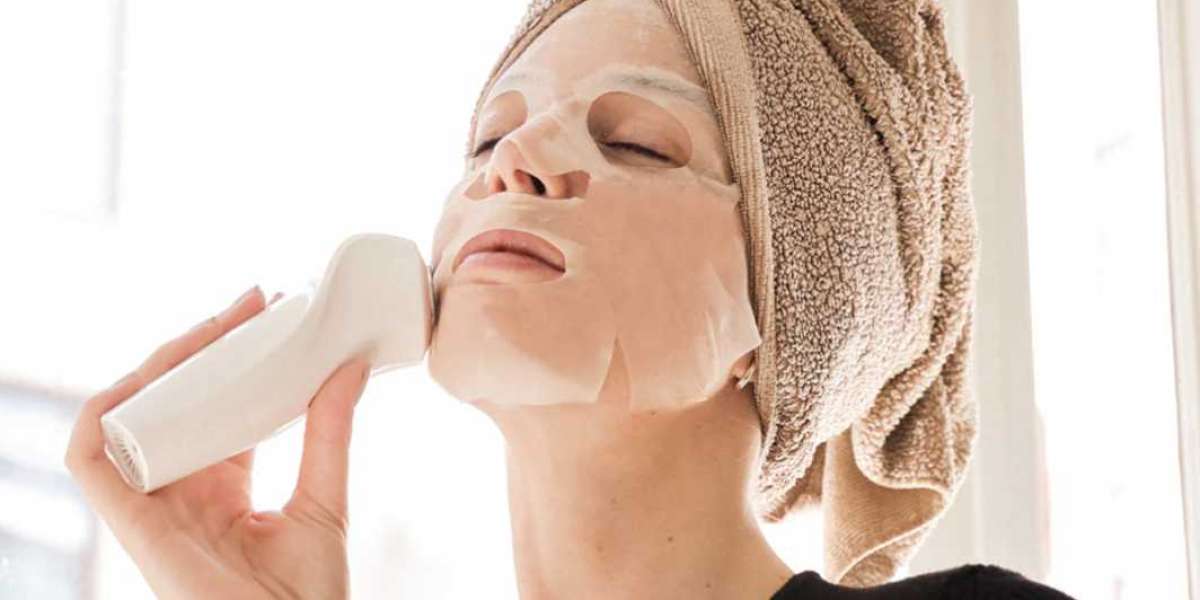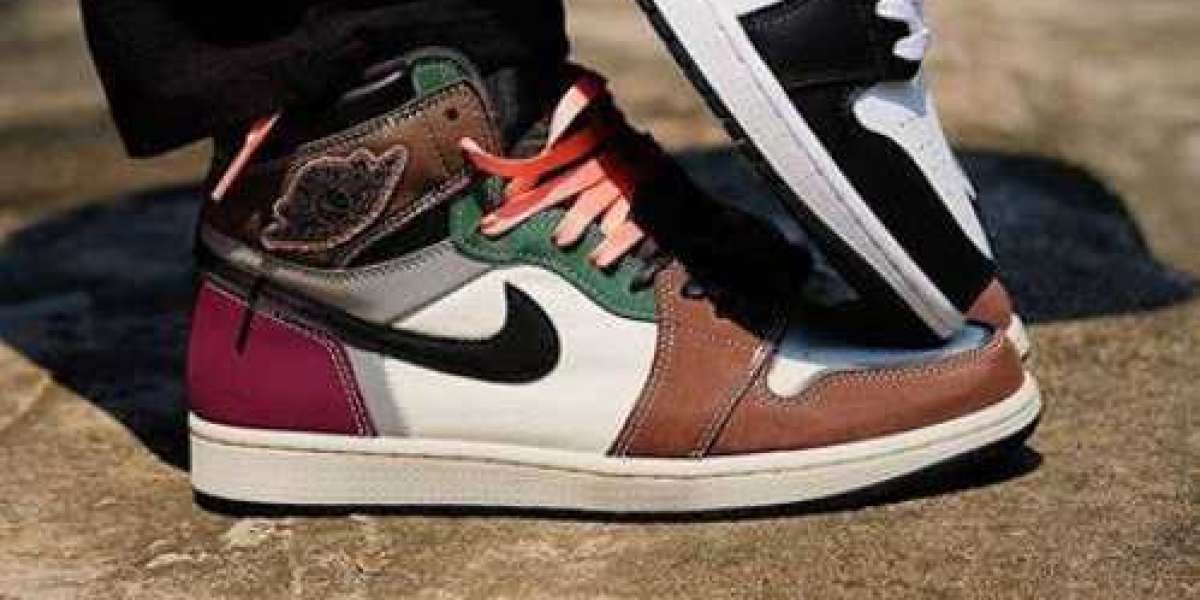Product Range and Inclusivity:
Foundation Shades:
- One significant area of improvement has been the expansion of foundation shade ranges. Many cosmetic brands now offer a more extensive array of shades to cater to a broader spectrum of skin tones, including those of Black women.
Color Cosmetics:
- The cosmetics industry has recognized the demand for a diverse range of color cosmetics. This includes eyeshadows, lipsticks, and blushes that complement the rich and varied skin tones of Black women.
Hair and Beauty Products:
- Beyond makeup, the hair and beauty products sector has also seen innovations to address the unique needs of Black women. This includes specialized hair care products, textured hair extensions, and skincare formulations designed for melanin-rich skin.
Inclusive Marketing Campaigns:
- Brands are increasingly incorporating Black women in their marketing campaigns, embracing a more inclusive approach. This involves featuring Black models and influencers, showcasing diverse beauty standards, and celebrating the natural beauty of Black women.
Challenges and Opportunities:
Representation and Diversity:
- Despite progress, challenges remain in achieving true representation and diversity in the cosmetics industry. Calls for more diverse representation in product marketing, advertising, and leadership positions within beauty companies continue to drive conversations.
Cultural Sensitivity:
- Brands are also becoming more aware of the importance of cultural sensitivity. Understanding and respecting the cultural nuances of beauty practices within the Black community is crucial to avoiding missteps in marketing and product development.
Natural Hair Movement:
- The natural hair movement has gained momentum, with more Black women embracing their natural textures. This has influenced the demand for products that cater to natural hair care, including styling products, moisturizers, and protective styles.
Entrepreneurship and Black-Owned Brands:
- The rise of Black-owned beauty brands and entrepreneurial ventures has contributed significantly to addressing gaps in the market. Many Black entrepreneurs have created brands specifically catering to the needs of Black women, filling niches that were previously overlooked.
Empowerment and Self-Expression:
Empowering Beauty Standards:
- The evolving beauty landscape is fostering a more inclusive definition of beauty. Black women are increasingly celebrated for their unique features, and the industry plays a role in promoting diverse and empowering beauty standards.
Self-Expression through Makeup:
- Makeup serves as a powerful tool for self-expression. Black women use cosmetics to celebrate their individuality, experiment with different looks, and express their cultural heritage through beauty practices.
Social Media Influence:
- Social media has played a pivotal role in amplifying Black voices in the beauty community. Influencers and content creators have become powerful advocates for diversity, challenging the industry to be more inclusive and responsive to the needs of Black consumers.
Product Formulation:
Foundation Formulas:
- The development of foundation formulas tailored for Black women involves a nuanced understanding of undertones, pigmentation variations, and texture preferences. Formulas often incorporate diverse pigments and may address specific skin concerns common among Black individuals, such as hyperpigmentation.
Color Cosmetics:
- The technical formulation of color cosmetics considers the richness and diversity of Black skin tones. Pigment dispersion, color intensity, and blendability are critical factors in creating eyeshadows, lipsticks, and blushes that complement and enhance the beauty of Black women.
Hair Care Products:
- Hair care products designed for Black women require specialized formulations that address the unique needs of textured and natural hair. This includes considerations for moisture retention, curl definition, and products free from potentially harmful chemicals.
Skincare Solutions:
- Skincare formulations take into account the specific needs of melanin-rich skin. This involves addressing concerns like hyperpigmentation, uneven skin tone, and providing adequate hydration without leaving a residue.
Inclusivity Initiatives:
Shade Range Expansion:
- Inclusivity efforts involve expanding foundation shade ranges to encompass a broader spectrum of skin tones. This requires meticulous calibration of pigment concentrations to achieve accurate color representation across the diverse range of Black complexions.
Market Research and Feedback:
- Technical aspects of market research involve gathering data on the preferences and needs of Black consumers. Feedback mechanisms, including surveys and product testing, aid in refining formulations and ensuring that they align with the specific requirements of Black women.
Cultural Sensitivity Training:
- As part of inclusivity initiatives, cosmetic companies may provide cultural sensitivity training to their teams. This technical aspect involves educating employees on cultural nuances, beauty practices, and preferences within the Black community to ensure respectful and accurate representation.
Challenges and Opportunities:
Representation Metrics:
- Technical approaches to measuring representation involve quantitative metrics. Companies may track the number of Black models, influencers, and professionals in their campaigns, workforce, and leadership positions to assess the inclusivity of their practices.
Cultural Competence Assessment:
- Technical assessments of cultural competence within the cosmetics industry involve evaluating advertising content, product labeling, and marketing strategies. Ensuring that these aspects align with diverse cultural perspectives requires careful analysis and adjustment.
Empowerment and Self-Expression:
Formulation for Self-Expression:
- Cosmetics formulations are designed to empower self-expression. Products that encourage creativity, experimentation, and the celebration of cultural heritage contribute to the empowerment of Black women through makeup.
Social Media Analytics:
- Technical aspects of social media engagement involve analytics to measure the impact of influencers and content creators. Tracking metrics such as engagement rates, reach, and follower demographics helps companies assess the effectiveness of their marketing strategies in reaching diverse audiences.
E-commerce Customization:
- Technological advancements in e-commerce allow for personalized experiences. Online platforms may utilize algorithms that recommend products based on individual preferences and skin tones, enhancing the tailored shopping experience for Black consumers.
In summary, the technical aspects of the relationship between Black women and the cosmetics industry encompass formulation precision, inclusivity initiatives, data-driven approaches, and technological advancements that collectively contribute to a more diverse, empowering, and inclusive beauty landscape.








